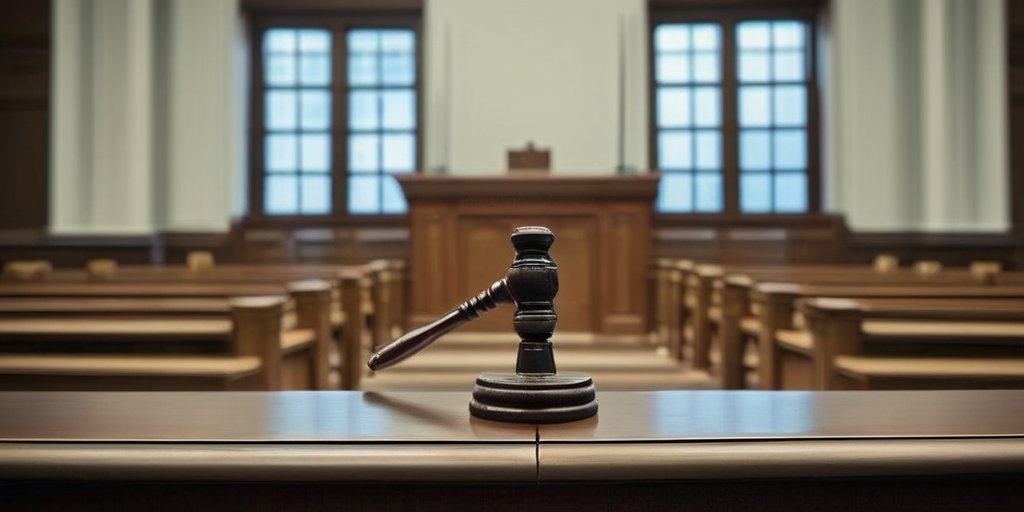In a crucial legal development, Palestinian student activist Mahmoud Khalil’s case has been ordered to be transferred from Louisiana to New Jersey following a New York court’s ruling, rejecting the Trump administration’s efforts to dismiss his legal challenge. Khalil, a Columbia University graduate and a US permanent resident, was detained by Immigration and Customs Enforcement (ICE) officers on March 8 while peacefully participating in campus protests against the ongoing war in Gaza.
Describing himself as a “political prisoner,” Mr. Khalil’s situation has sparked widespread attention, particularly due to the backdrop of President Donald Trump’s administration, which has vowed to take a tougher stance against student demonstrators allegedly engaged in “un-American activity.” Mr. Khalil’s arrest appears to directly align with Trump’s threats, indicating a disturbing trend of suppressing student activism through legal intimidation.
Initially detained in his Manhattan apartment by ICE, Mr. Khalil was sent to a detention facility in Louisiana, pushing his legal team to fight for his return to New Jersey, where he could better contest his civically appointed detainment. District Judge Jesse Furman of New York ruled that because the New Jersey district was the only jurisdiction where Khalil could file his legal petition, it would not be shifted to his previous, conservative detention environment in Louisiana.
Furthermore, Judge Furman upheld an earlier ruling which bars the deportation of Khalil pending the outcome of this legal saga, even as the court has yet to rule on whether he should be immediately released. His legal team argues fervently that Mr. Khalil was simply exercising his rights to free speech and peaceful assembly, contesting the unjust persecution faced by student activists engaging in political discourse.
Meanwhile, Khalil’s pregnancy-stricken wife, a US citizen, waits anxiously for his return, as they expect their first child. His lawyer emphasizes that the administration’s fear of student activism has prompted them to resort to aggressive measures, including transferring Khalil away from more sympathetic legal grounds. With Trump setting a precedent for the deportation of those labeled as “terrorist sympathizers,” it raises alarming questions over the future of free speech rights and student activism in the United States.
Despite not being charged with any crime, Khalil’s predicament continues to resonate with many as a critical reflection on political dissent and the rights of individuals amidst a climate of perceived governmental overreach.
